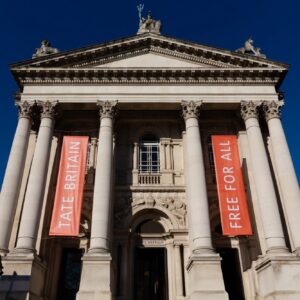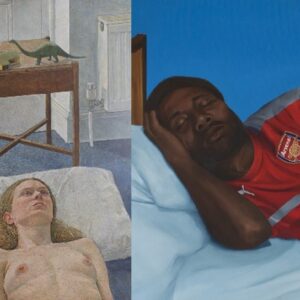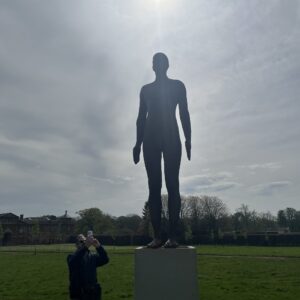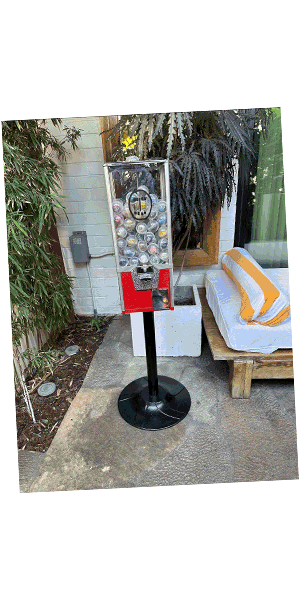Recently, a character on long-running Grey’s Anatomy received a distressing revelation. She found her birth-mother, who explained that she was the product of rape and looked like the man who had raped her. Dealing with the knowledge that her father was a rapist makes her question her whole identity.
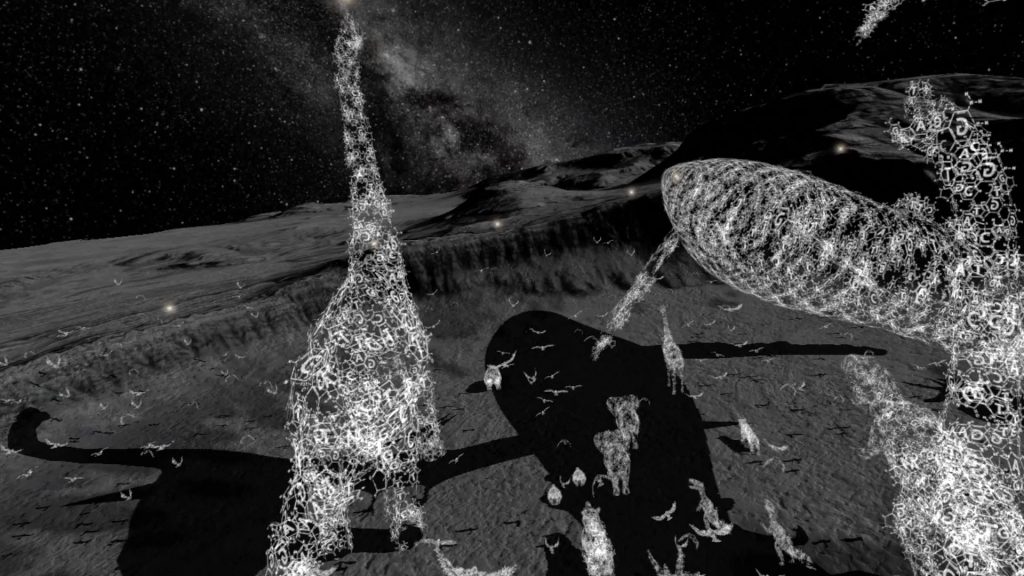
It’s an interesting character arc, but in truth, it’s nothing new. People have always had to contend with their parents’ mistakes. Children of Nazis had to make peace with the fact that their parents fought on the wrong side and even committed atrocities. Descendents of slave-owners had to make peace with the fact that their great-great-grandparents did similarly.
I struggled when I was younger to reconcile my great-uncle with the man who had fought for the Apartheid cause.
However, over the last few years, people have been able to find out a lot more about their ancestry than ever before. You yourself can find the best genealogy test and get results in a few weeks. And in place of the distressing reality that so many have had to face, people are starting to think about ancestry from a completely different perspective.
Heritage is not inheritance
One of the reasons these ancestry tests aren’t leading to regretful lamentations is that they go back a long way. They don’t just tell you about the past few generations but go thousands of years into the past. They trace where your ancestors came from and their migration patterns. It is admittedly a less personal look at your history, but that seems to be for the better.
This kind of ancestry allows for all of us to find out more about our heritage without passing judgment on ourselves. The truth is that genetic heritage is messy. A liberal caucasian person in America can find out about their slave-owning ancestors, but so can an African-American. After all, rape of slaves was a horrific reality of the time that was just accepted.
But the thing about ancestry is that it’s not the transmission of the crimes of the father onto the children. Humans don’t inherit the terrible things their ancestors did, but we do inherit cultural and ethnic features.
Separating heritage and privilege
Another thing that people have confused in the past is heritage with privilege. A common refrain you’ll hear from people with privilege, myself included, is that we did not do anything to get our privilege. Yet we still can feel guilty about it.
However, when you separate your heritage from your inheritance, you’re also separating heritage and privilege in a more healthy way. You can see that you’re not the person who did terrible things in the distant past, and neither are the people who suffer for it. What matters is that you are benefiting from the privilege now, and can be aware of how it impacts you and others.
This helps us recognise the inherent similarities in humanity, without downplaying the differences. It helps us recognise the effect of our ancestors on our present reality, without laying blame in the wrong place. And it helps us understand ourselves and everyone around us in a more charitable light.

